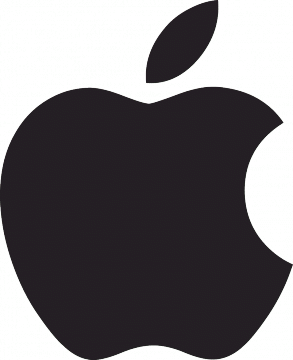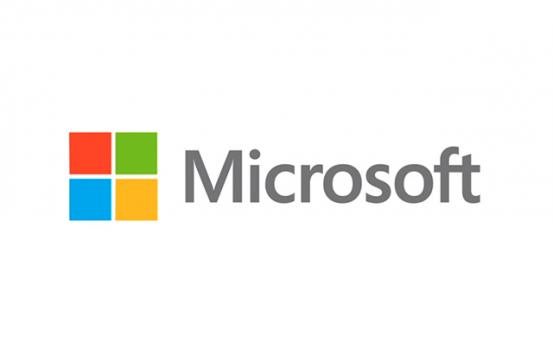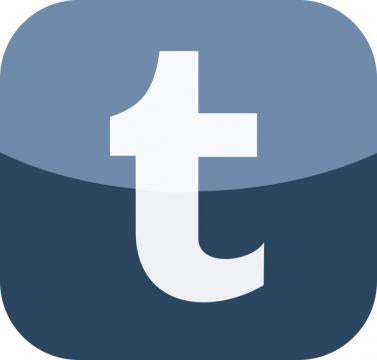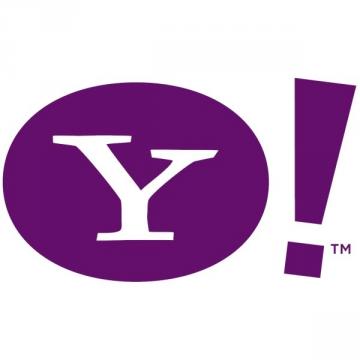Some of These Tech Companies Protect Your Privacy, Others Don't Make the Grade
Few issues are as endemic to our time as that of Internet privacy. The unprecedented growth of Internet applications that store users' private information has changed the world and sparked a new legion of legal debates.
Since 2011, the nice folks at Gizmodo have been evaluating the commitment of tech companies to transparency about how data flows to government, as well as corporate stances on protecting user privacy.
The results of their survey are fascinating.
Gizmodo used six individual criteria to grade the performance and policies of tech companies. These include:
- Requiring a warrant for content of communications;
- Notifying users of government data requests;
- Publishing transparency reports on how often companies provide user data to government;
- Publishing law enforcement guidelines on how companies respond to government data demands;
- Fighting for users' privacy in courts;
- Fighting for users' privacy in Congress.
If a company met the specification for a criteria, it was awarded a star.
Benzinga took the original stars and weighted them based on their importance before assigning our own grades.
Requiring a warrant for content of communications and notifying users of government data requests were weighted highest. Publishing transparency reports and guidelines, as well as a history of fighting for users' rights was weighted next. The criteria with the least importance behind it was whether company fought for users' privacy in Congress, indicated by membership in the Digital Due Process Coalition.
There's plenty of uplifting news out of the report. Yahoo! (NASDAQ: YHOO) earned a star for fighting a Justice Department attempt to seize a user's email address without any probable cause back in 2010.
But not surprisingly, the survey also revealed a significant lack of commitment to protecting users' privacy among certain companies. Despite assurance that Verizon (NYSE: VZ) protects user privacy, an in-depth read of the company's privacy policy fails to meet any of the report's specifications.
A total of 18 companies were evaluated for privacy practices. They include Amazon.com (NASDAQ: AMZN), Apple (NASDAQ: AAPL), AT&T (NYSE: T), Comcast (NASDAQ: CMCSA), Dropbox, Facebook (NASDAQ: FB), Foursquare, Google (NASDAQ: GOOG), LinkedIn (NASDAQ: LNKD), Microsoft (NASDAQ: MSFT), MySpace, Sonic.net, SpiderOak, Twitter, Tumblr, Verizon, WordPress and Yahoo!
How did the tech companies that make up your online experience fare when it came to protecting your privacy? You'll have to check out our slideshow to find out.
© 2025 Benzinga.com. Benzinga does not provide investment advice. All rights reserved.
Posted-In: Cybersecurity Dropbox Foursquare Privacy Myspace Sonic.netNews Tech General Best of Benzinga




















